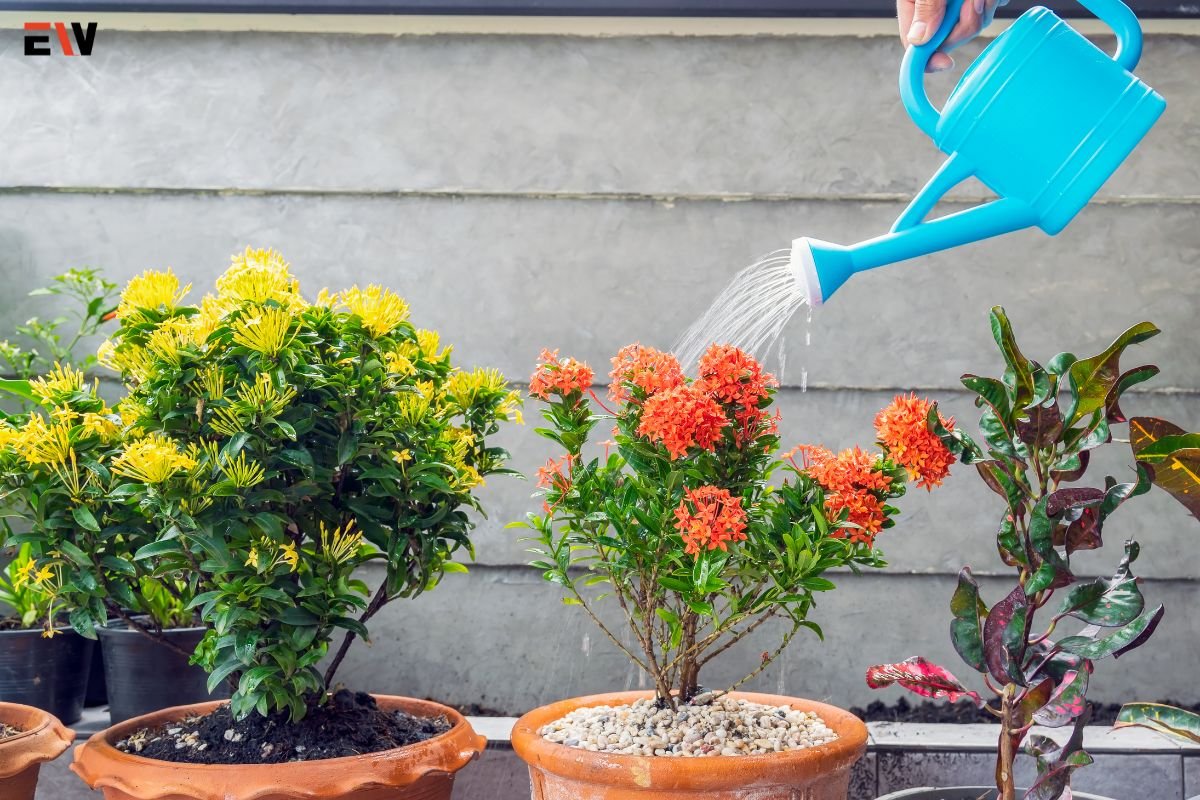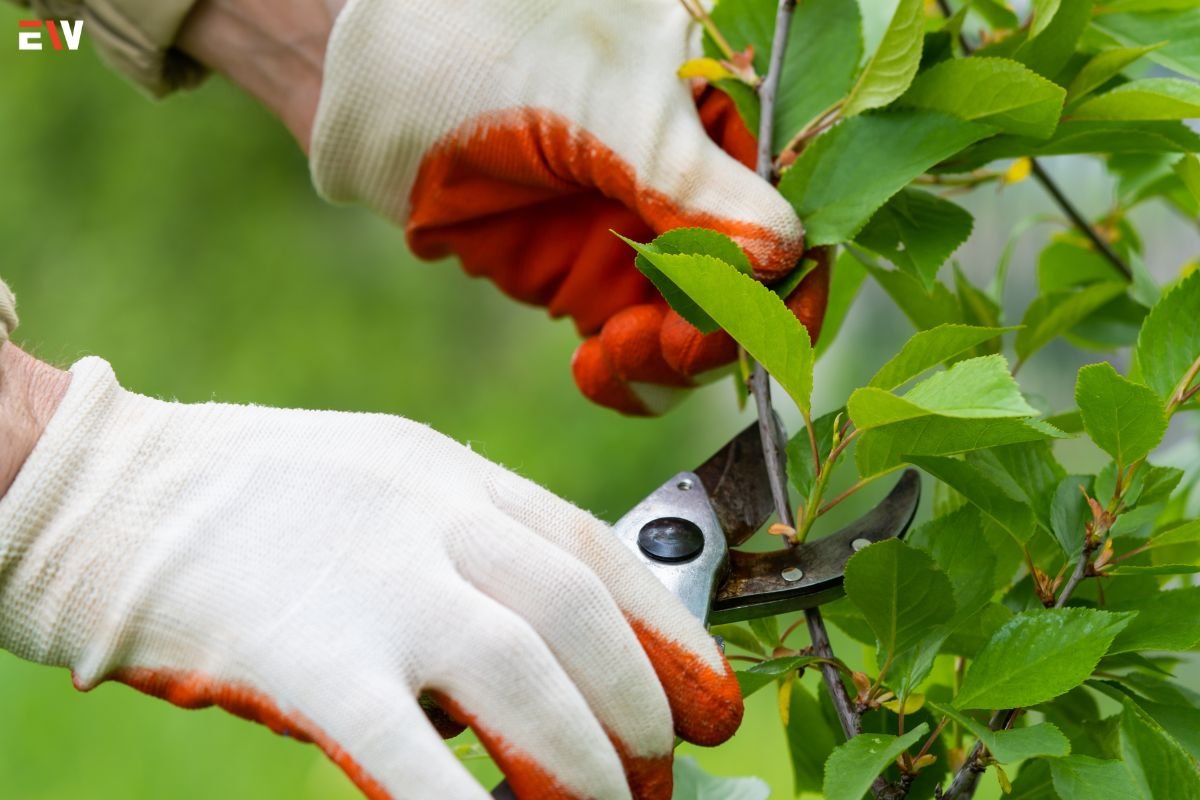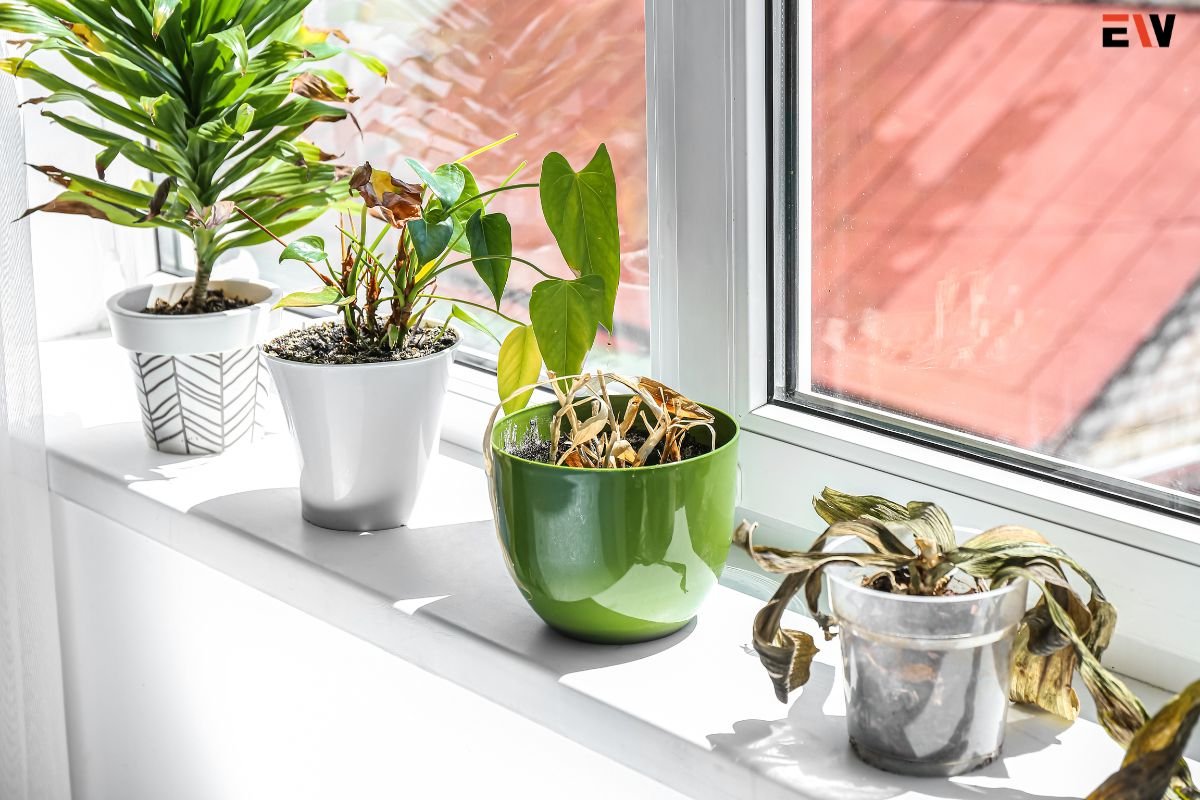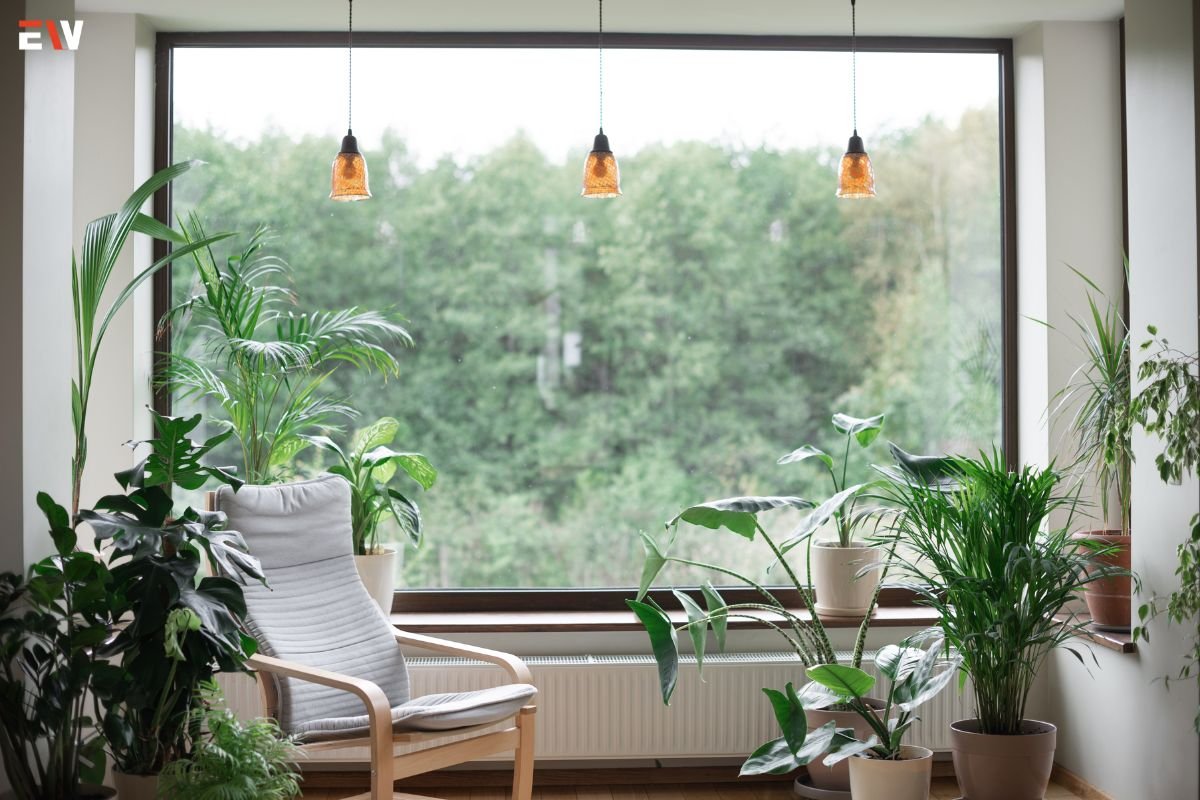Are you living in an apartment and yearning for a touch of nature in your life? Apartment gardening might be the perfect solution for you. Even with limited space, you can create a lush, thriving garden that adds beauty, freshness, and even a bit of self-sufficiency to your home. This guide will walk you through everything you need to know to start your own apartment garden, offering practical tips, inspiration, and expert advice.
Why Apartment Gardening?
Apartment gardening isn’t just about growing plants; it’s about enhancing your living environment. For city dwellers, it offers a way to reconnect with nature, reduce stress, and even grow your own herbs and vegetables. It’s also an eco-friendly practice that contributes to a more sustainable lifestyle by reducing your carbon footprint.
Getting Started: Choosing the Right Plants
When it comes to apartment gardening, selecting the right plants is crucial. You’ll need to consider factors such as light, space, and your personal preferences. Here are some popular options that thrive in indoor environments:
1. Herbs
Basil, mint, thyme, and rosemary are perfect for small spaces. They don’t require much room and are useful in the kitchen.
2. Succulents
These hardy plants need minimal care and come in various shapes and sizes, making them ideal for bright spots.
3. Houseplants
Spider plants, pothos, and peace lilies are great for improving air quality and adding greenery to your space.
4. Leafy Greens
Lettuce, spinach, and kale can be grown in small containers and are perfect for those looking to add fresh greens to their diet.
Essential Supplies for Apartment Gardening

To get started with apartment gardening, you’ll need a few essential supplies. Here’s a basic list:
1. Containers
Choose pots with drainage holes to prevent waterlogging. You can use traditional pots, hanging baskets, or even repurpose containers you already have.
2. Potting Mix
A high-quality potting mix provides the right balance of nutrients and drainage for your plants. Avoid using garden soil, which can be too dense for container gardening.
3. Fertilizer
Indoor plants need nutrients to thrive. Use a balanced, water-soluble fertilizer to keep your plants healthy.
4. Watering Can
A watering can with a narrow spout helps control the amount of water you give your plants.
5. Grow Lights
If your apartment lacks natural light, invest in grow lights to ensure your plants get the light they need.
Creating the Perfect Growing Environment
Your apartment’s environment can greatly impact the success of your garden. Here are some tips to create the ideal growing conditions:
1. Light
Most plants need light to grow, so position your containers near windows. For low-light conditions, opt for plants that thrive in less sunlight or use grow lights.
2. Temperature
Most indoor plants prefer temperatures between 65-75°F (18-24°C). Avoid placing plants near drafts, heaters, or air conditioners.
3. Humidity
Indoor air can be dry, especially in winter. Increase humidity by misting your plants or placing a humidifier nearby.
Planting and Caring for Your Garden

Once you have your supplies and have set up your growing environment, it’s time to start planting. Here’s a step-by-step guide to help you along the way:
1. Planting
Fill your containers with potting mix, leaving about an inch of space at the top. Plant seeds or seedlings according to the instructions on the seed packet or plant tag.
2. Watering
Water your plants regularly, but avoid overwatering. The top inch of the soil should be dry before you water again. Use your fingers to check soil moisture.
3. Pruning
Regular pruning helps keep plants healthy and promotes growth. Remove dead or yellowing leaves and trim back overgrown stems.
4. Pest Control
Indoor plants can attract pests like aphids or spider mites. Keep an eye out for any signs of trouble and treat infestations with natural remedies or insecticidal soap.
Maximizing Space: Creative Gardening Solutions
Even if you have a tiny apartment, you can still create a vibrant garden. Here are some creative ways to maximize your space:
1. Vertical Gardening
Use wall-mounted planters, shelves, or hanging pots to create a vertical garden. This technique saves floor space and adds visual interest.
2. Stackable Planters
Stackable planters are a great option for growing multiple plants in a compact area. They’re perfect for herbs and small vegetables.
3. Windowsill Gardens
Utilize windowsills to grow small plants or herbs. Ensure they get enough sunlight by choosing a sunny window.
4. Hanging Gardens
Hang pots or planters from the ceiling or use a plant stand to create a hanging garden. This adds greenery without taking up valuable floor space.
Benefits of Apartment Gardening
Engaging in apartment gardening offers a multitude of benefits beyond the obvious aesthetic appeal. Here are a few reasons why you should consider starting your garden:
1. Mental Health
Gardening can reduce stress and anxiety, providing a calming and therapeutic activity.
2. Nutrition
Growing your own herbs and vegetables allows you to enjoy fresh, nutrient-rich produce.
3. Education
Gardening teaches valuable skills and knowledge about plant care, growth cycles, and sustainable practices.
4. Environmental Impact
Apartment gardening helps reduce your carbon footprint by minimizing the need for store-bought produce and packaging.
Troubleshooting Common Issues

Even with the best care, you might encounter some challenges. Here are solutions to common apartment gardening problems:
1. Yellow Leaves
This could be a sign of overwatering, nutrient deficiency, or poor drainage. Check your watering routine and soil conditions.
2. Leggy Plants
Plants stretching towards the light might be lacking sufficient light. Consider moving them closer to a window or using grow lights.
3. Pests
Regularly inspect your plants for pests. Use natural pest control methods to address any infestations.
4. Wilting Plants
Wilting can result from underwatering, overwatering, or root issues. Adjust your watering schedule and check for signs of root rot.
Conclusion
Apartment gardening is a rewarding and accessible way to bring a bit of nature into your urban life. With the right plants, supplies, and care, you can transform your small space into a lush, green oasis. Whether you’re growing herbs for your kitchen, cultivating houseplants for decoration, or experimenting with small vegetables, apartment gardening offers countless opportunities for creativity and enjoyment.










